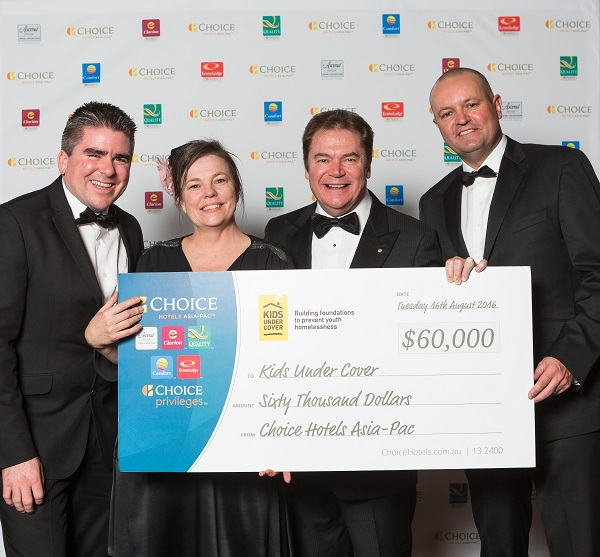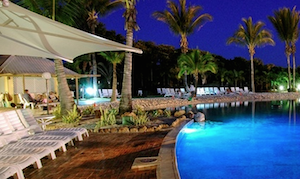
Cracking the code: Deciphering motel nightly rates for success
Op-Ed: Part 2 in a series of articles aimed at new and inexperienced operators, Emily Stephens dissects nightly rates
Stepping into ownership of a motel presents many challenges for newcomers to the accommodation sector. Among these challenges is understanding the intricacies of nightly rates.
In part two of her series aimed at new and experienced operators, Emily Stephens dissects how to decide on a motel’s nightly rates.
The new summer print edition of AccomNews is out now – Read it HERE
How to determine what to charge, and are the current rates competitive?
For new property owners, breaking down the costs of selling a room from the expenses can be an eye-opening exercise. This should be one of the first steps in truly knowing how much to charge.
The essential cost analysis encompasses items such as linen, staffing, cleaning supplies, utilities, and amenities.
Additionally, factoring in commission costs, council rates, insurance, and wear and tear provides a more comprehensive overview of expenses.
Once the ongoing costs are established and the guest avatar is understood, the owners will have a better picture of the potential profit and revenue growth of the property while considering any improvements or operational changes they wish to make.
When reviewing nightly rates and deciding on pricing strategies, one important aspect must be considered: Is the advertised rate in line with the quality of the product?
Competitive pricing in the market is advantageous, but it must align with the quality offered. Overpricing a substandard room can lead to negative reviews and decreased occupancy.
Charging the same as a competitor when the property is not at the same standard can have a negative flow-on effect, to forward occupancy and revenue.
If the property needs a little love, be honest and consider setting the rates slightly lower than competitors, while still operating at a profit. This will enable improvements to take place and the property to rebuild its position within the market.
Conversely, does your motel offer more than your competitors, and can current rates be increased?
Understanding the property’s clientele, its unique selling points, and market dynamics will greatly influence pricing decisions. These considerations may vary seasonally and over time. Being flexible with rates and knowing the property intimately can significantly benefit the bottom line.
For example, in high tourist areas, events like Lunar New Year celebrations may bring a surge in one-night stays, contrasting with longer stays during peak holiday seasons.
Whether opting for standard rates or dynamic pricing, considering length-of-stay discounts, or embracing set-and-forget rates, all of these decisions play vital roles when crafting a rate structure tailored to the unique needs of the property.

What can help when making hard pricing decisions?
There are tools and businesses available to assist with analyzing data and devising plans. Many property management systems also have built-in yield management tools to aid in pricing decisions according to market demand.
Regularly revisiting nightly rates concerning costs is recommended, along with timely updates to rates and availability on the motel’s website and OTA platforms. Keep in mind that integrating these tasks into the Monthly Tasks Calendar is simple and can alleviate feelings of overwhelm and stress.
Knowing how much to charge is about understanding the property as much as it is understanding the market.
Finding the right tools among the wealth of systems and businesses available can simplify the process, enabling all moteliers to enjoy the lifestyle and freedom of a successful accommodation business.
Emily Stephens, Founder and Managing Director of The Accommodation Project, has been working in accommodation operations for over 20 years. Starting as a receptionist, she has worked her way through the ranks in different types of accommodation both overseas and in Australia to now operate an apartment hotel with her husband in a beautiful coastal town in Victoria. Combining her passion for the industry and wanting to help and support fellow operators, The Accommodation Project was created. Building on the confidence and proficiency of newcomers so that all properties find their place in an ever changing and exciting sector.






